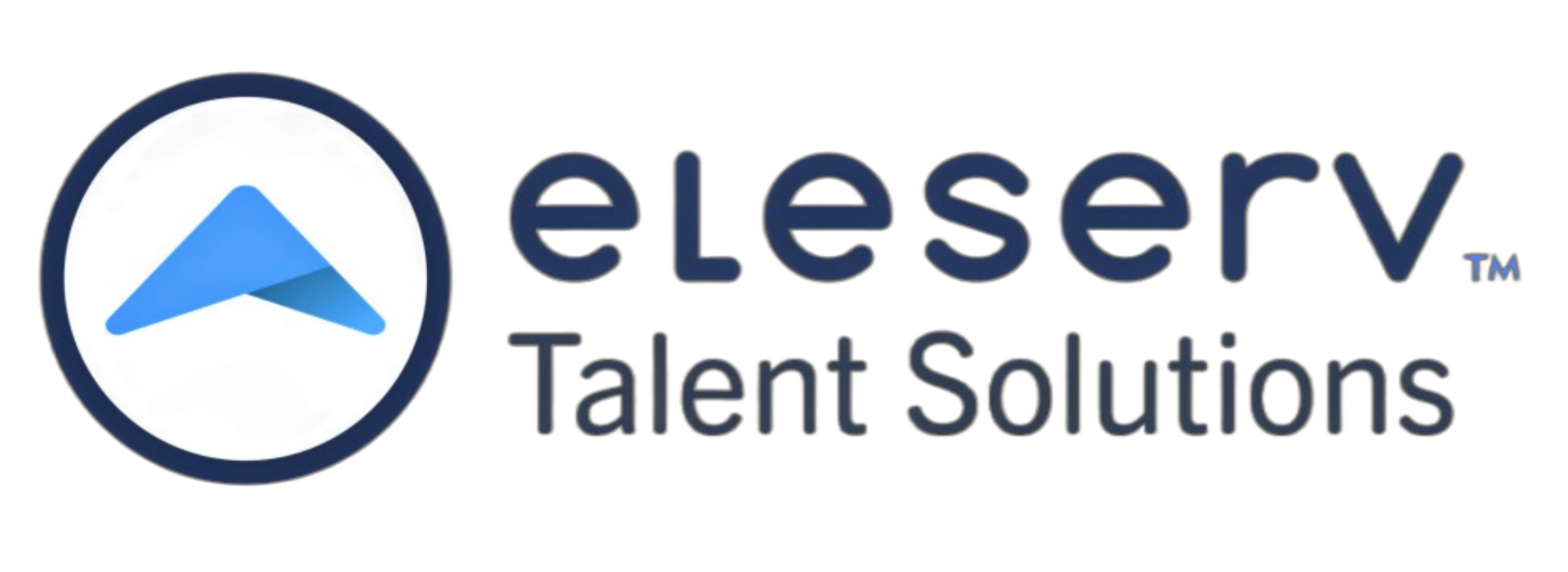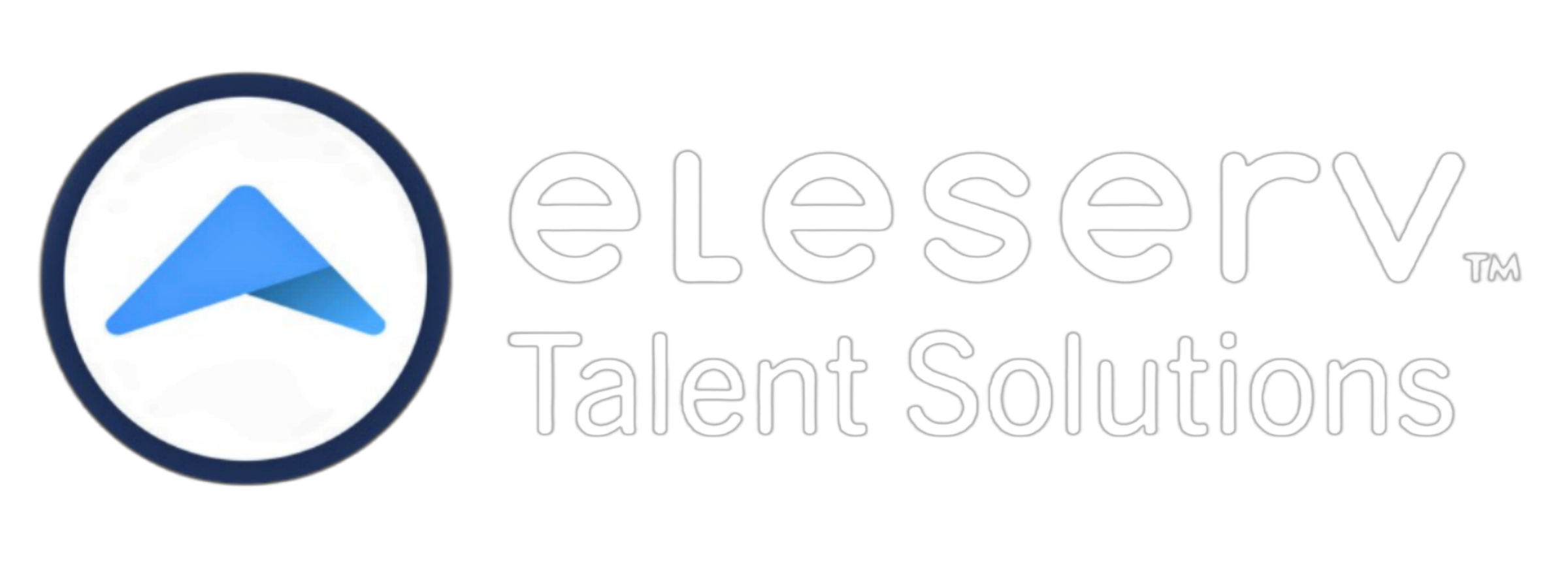Skills Over Titles: A New Era in Workforce Planning
The way we define talent is changing—and fast. Traditional hiring models are no longer meeting the needs of today’s dynamic workforce. As skill gaps widen and competition for top talent increases, HR leaders are being called to rethink how they attract, develop, and retain employees. The workforce of tomorrow will be defined not by job titles but by capabilities. HR leaders who fail to pivot toward a skills-based strategy risk talent shortages, high turnover, and lose competitiveness.
A recent McKinsey study found that 87% of companies are already experiencing skill gaps or expect them within the next five years.
That statistic alone should serve as a wake-up call. Add to that a Harvard Business Review report revealing that skills-based hiring expands talent pools by up to 30%, and it’s clear: a shift toward skills-first workforce planning isn’t just smart, it’s necessary.
Why the Traditional Model Isn’t Working Anymore
For decades, degrees and job titles served as stand-ins for competence. But in today’s fast-evolving business environment, those proxies are falling short.
In fact, companies like Google, IBM, and Accenture have already removed degree requirements for many roles. And it’s paying off—according to LinkedIn’s Future of Work report, organizations that prioritize skills over education see double the internal mobility and retention.
“The idea that a degree is a proxy for competence is outdated. Skills are what actually matter.”
— Byron Auguste, CEO, Opportunity@Work
A New Path Forward: Skills-Based Workforce Planning
Forward-thinking HR leaders are shifting away from reactive hiring and moving toward strategic workforce planning grounded in skills. This model not only fills talent gaps faster but strengthens internal culture and agility.
Here’s what that looks like in action:
- • Skills Mapping: Identify core capabilities needed for current roles—and anticipate future ones.
- • Internal Mobility: Empower employees to move laterally or upward by focusing on their potential, not just their past.
- • Upskilling & Reskilling: Invest in continuous learning programs that keep your workforce relevant and engaged.
Companies with formal reskilling strategies see up to 30% higher retention rates.
Ready to Make the Shift? Start With Our Transition Guide
Adopting a skills-based approach is a major organizational shift—but you don’t have to go it alone.
Our Transitioning to a Skills Based Workplace guide walks HR leaders through the essential steps to building a more agile, equitable, and future-ready workforce.
What’s inside:
- • Why it’s time for a change: Explore the forces driving the move away from degree- and role-based hiring.
- • What skills-based really means: Get clear definitions and distinctions to align your leadership team.
- • Steps to implementation: Learn how to audit roles, assess talent, and map skills to business needs.
- • Tools and tech to support the shift: Discover platforms and strategies that streamline the transition.
This guide is perfect for HR teams looking to create a more inclusive, performance-driven culture that supports internal growth and long-term retention.
Download the guide HERE and start planning your transition today.
The Bottom Line: Skills Are the Future of Talent Strategy
Organizations that adopt a skills-first mindset will be better equipped to navigate change, improve retention, and tap into wider talent pools. The time to act is now.
Here’s where to start:
- • Replace outdated degree requirements with skills assessments
- • Build learning pathways to foster internal growth
- • Make workforce planning a strategic function, not a reactive one
The future of work isn’t based on titles—it’s built on capabilities. Focus on what people can do not just what they have done. The only question left is: How fast can you pivot?


